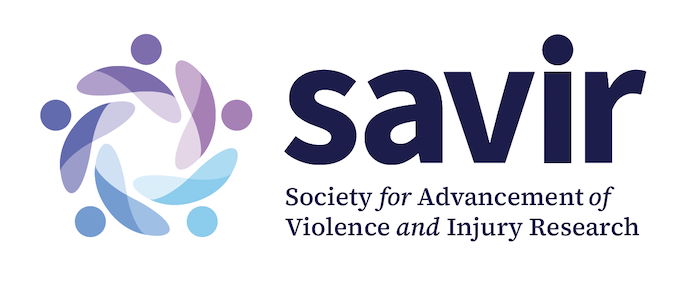Complete Story
08/02/2022
Global Initiative: Expanding the Care Continuum and Research Capacity in Tanzania
Trauma Research Capacity Building Training Project by Duke University and Kilimanjaro Christian Medical Centre, Tanzania
Researchers at the Duke University (USA) and Kilimanjaro Christian Medical Centre (Tanzania) received a 5-year training grant awarded by the National Institute Health Fogarty International Center to train professionals in injury and trauma care research in Tanzania.
Every year, nearly 5 million people die from injuries and hundreds of millions more sustain non-fatal injuries that require medical attention in low and middle-income countries (LMICs). Sub-Saharan Africa suffers one of the highest burdens of injury-related morbidity and mortality. Specifically, in Tanzania, injury is a leading cause of death. When comparing similar injuries, the mortality rates in LMICs are much higher than in high-income countries. This differential mortality rate for traumas in LMICs is likely due to the fact that most LMICs do not have a functioning trauma care system. A quality trauma care system requires a continuum of services from epidemiologic surveillance, pre-hospital care, hospital-based care and post-hospitalization rehabilitation services. Yet in many LMIC settings, an evidence-based continuum doesn’t exist. Overall, LMIC trauma systems are limited by patient payer models, limited personnel with specialized focus, high-cost services, very limited access to care, and few (clinical or non-clinical) specialists with adequate research training to create or implement evidence-based strategies. Optimizing care at each step along this continuum requires rigorous, patient-centered and health system–contextualized implementation research and a network of like-minded, invested stakeholders.
The D43 training program aims to develop multidisciplinary champions who are trained in rigorous, innovative, multi-method implementation science to focus on health service gaps. The trainees will acquire a network of collaborative and invested national, regional, and local stakeholders to sustain the research capacity built by the training program. By the end of the 5-year training program, 3 doctoral and 10 masters students will have been trained in innovative implementation science and injury research, with hundreds more benefiting from the open didactic training programs and growing network of injury-focused stakeholders to support multi-disciplinary research in the region.
This training program's leaders are Dr. Catherine Staton at the Duke University and Dr.Blandina Mmbaga at Kilimanjaro Christian Medical Centre.
| Dr. Blandina T. Mmbaga | Dr. Catherine Staton |




